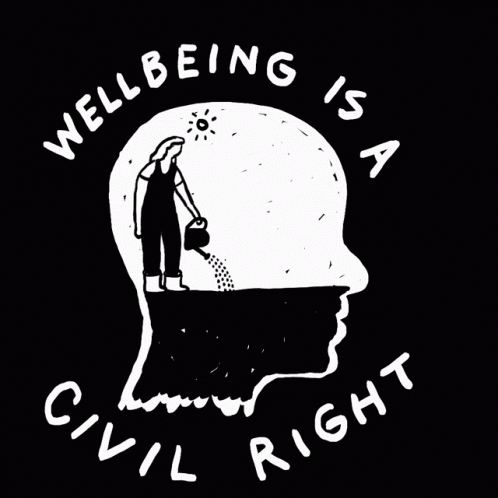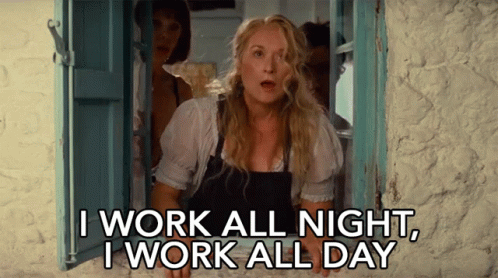Don't just sit there!

By senior writer David Butterfield
There’s a worldwide malaise which is affecting everyone of working age. It’s about wellness or our lack of it.
Sustained growth in workplace absence has prompted policymakers, insurers and employers to search for ways to improve employee retention and address long-term sickness concerns.
Wellness is a concept which is both ancient and contemporary. Most people have an intuitive understanding of what it means and how to apply it to daily life. New thinking is helping to advance our understanding across a number of fronts.
In their recent paper, the Global Wellness Institute (GWI) examines the four macro forces that are propelling consumer demand and the ongoing, surging growth of the wellness economy around the world. To sum this up:
The world’s population is growing sicker, lonelier and older
Deteriorating health, the spread of loneliness and mental illness, and the ramifications of ageing all negatively impact people’s happiness and wellbeing. In response, consumers around the world are proactively turning to wellness approaches as alternatives to address these challenges.

The environmental crisis is also a health crisis
Environmental degradation and its causes are bringing immediate, direct, severe and widespread harm to human health and wellbeing - from the air we breathe to how we procure and consume food, and to how we live and travel. As people become aware of these risks, they’re seeking out alternative lifestyles that are simultaneously healthier and more sustainable for the planet.

Health systems are failing to keep up while the economic burden rises
Health systems are failing in countries all around the world, and the economic burden is unsustainable. Therefore, it’s not surprising that consumers, employers and even governments are turning to wellness approaches to complement and address deficiencies in healthcare and to turn from “sick care” to prevention.

Demographics, value systems and lifestyles are all evolving toward wellness
Consumer values are changing fast, moving toward a lifestyle of wellness that is fundamentally shifting consumer behaviours and consumption patterns. This shift is bolstered by the rise of the middle class, urbanisation, the accessibility of so many new options, and a burgeoning concern about the impact of ubiquitous technology.

And now, in a post-covid world, all of these factors are highlighted in a way so graphic no-one could ever have predicted the impact and evolving change in behaviours.
Notwithstanding Covid, many employers already see a case for investing in the health and wellbeing of their workforce, one major player notably commented:
“We all have a stake in the health and prosperity of the nation. It is by working together to build and sustain workplaces in which everyone can thrive that we will have a real impact.”
Get PIPxr and Simulation Magazine founder, Mark Nicoll, reinforces this point:
“Workplace wellbeing has moved from being reactive and a ‘quick fix’ for health crises to helping people live and feel better by making realistic, sustainable lifestyle changes to impact their overall wellbeing.
Give your people the education, support and tools they need to be better versions of themselves both at home and at work, with comprehensive employee wellbeing resources to help your organisation stand out from the competition, that might include VR headsets and fitness games, instead of the multiple fitness apps and gym memberships that go unused.”

Nicoll, continues:
“Create a wellbeing strategy that’s proactive, personal and inclusive so all your employees can take part in a way that’s right for them regardless of age, current wellbeing level or work location. Multiplayer fitness games come to mind that create team building and more inclusive experiences.
With long working hours and often lengthy commutes, health and wellbeing at work is an important issue for employees and businesses alike – whether your employees are working at home, remotely or in the office.”

“Don’t just sit there,” insists Nicoll, “as an employer, do the right thing for your employees and you will both start to reap the benefits.”
Listen to an audio version of this article 👇
